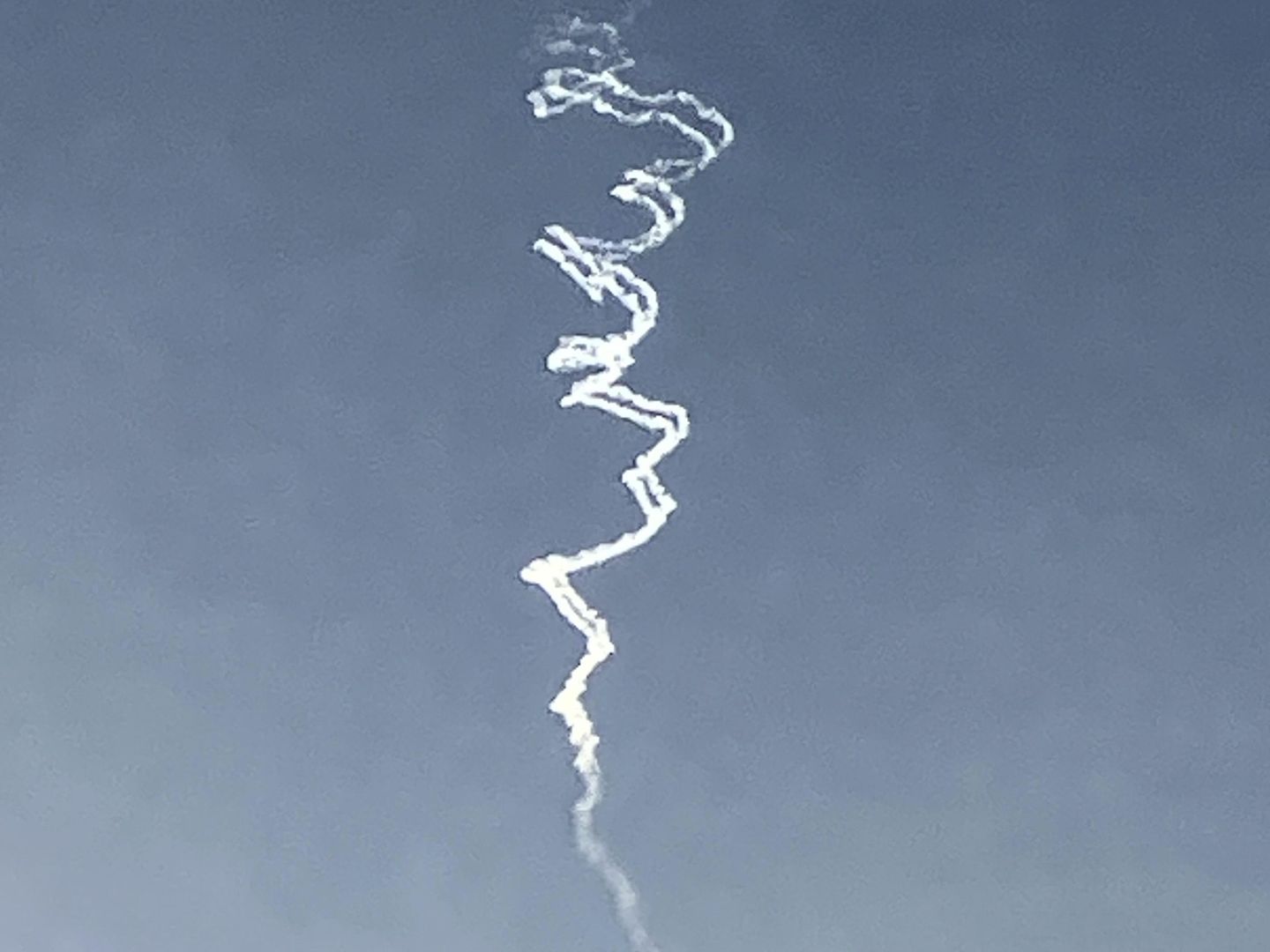
Don’t miss the full story from our staff writers, whose reportage is the basis of this article.
A ceasefire between Israel and Iran has taken hold, providing President Trump with a short-term political victory, but analysts and former U.S. officials say Mr. Trump faces a much bigger, longer-term problem regarding Iran’s nuclear ambitions.
The recent 10-day Israeli air campaign and U.S. strikes on Saturday targeted three key Iranian nuclear facilities at Fordo, Natanz, and Isfahan, causing significant damage to Tehran’s nuclear program. However, it’s clear that Iran still possesses enriched uranium, and assessments from arms-control organizations say multiple Iranian nuclear-related facilities may still be viable.
Iran’s nuclear program overall was set back only a few months by the U.S. bombing, according to multiple reports citing a preliminary classified U.S. intelligence report. Nuclear experts readily concede that the work of containing Iran’s nuclear ambitions is by no means over. Rafael Grossi, director of the United Nations International Atomic Energy Agency, said in a social media post Tuesday that he wants to meet as soon as possible with Iranian officials to find “a diplomatic solution to the long-standing controversy over Iran’s nuclear program.”
Some national security insiders and long-time Iran specialists warn that expecting Iran to voluntarily end its nuclear program, even after the intense Israeli and American military campaigns, would be a mistake. They suggest Iran’s political leadership could conclude that months’ worth of direct diplomatic negotiations with the Trump administration accomplished very little, and that the American attacks only confirm that Tehran will never be truly safe without an atomic bomb.
Former Defense Department official Michael Rubin, now a senior fellow at the American Enterprise Institute, said “Iran’s nuclear program is like a glioblastoma; leave a single cell behind and the tumor will regrow.” Rubin said Iran was surely preparing for the American strikes and took steps to mitigate their damage, and could reach out to nuclear-armed allies for assistance. Former Russian President Dmitry Medvedev stated on social media that “a number of countries are ready to directly supply Iran with their own nuclear warheads.” Mr. Rubin warned that CIA assessments matter, as “what might be a decade delay if Iran’s program remains indigenous becomes just a yearlong setback if North Korea, Pakistan, Russia or China help.”
Satellite images show a large number of trucks at the Fordo nuclear site in the days and hours leading up to the U.S. airstrikes Saturday, suggesting those vehicles may have transported uranium away from the site to other underground locations. Recent IAEA data showed that Iran has nearly 900 pounds of uranium enriched up to 60%, which is a short, technical step away from weapons-grade levels of 90%. Joseph Rodgers, deputy director and fellow on the Project on Nuclear Issues at the Center for Strategic and International Studies, wrote that “the longer the location of this highly enriched uranium stockpile remains unknown, the greater the potential for a proliferation crisis.”
Atomic Energy Organization of Iran spokesman Behrouz Kamalvandi said, “The nuclear industry must persist, and it will not be stopped.” Trump wrote on social media Monday that “the sites that we hit in Iran were totally destroyed, and everyone knows it.”
The ceasefire faced immediate challenges Tuesday morning when Israel said Iran launched a missile toward Israel, prompting Israeli Prime Minister Benjamin Netanyahu to prepare to strike back at Iran. Israeli media reported that Israel was ready to hit 15 “regime targets” inside Iran. However, following a conversation with Mr. Trump, Mr. Netanyahu indicated that Israel would not launch more attacks. The Associated Press reported, citing an unnamed senior White House official, that President Trump also told Prime Minister Netanyahu not to expect any additional U.S. offensive military action against Iran.
Iranian President Masoud Pezeshkian said his nation intends to respect the ceasefire and is open to negotiations with foreign leaders.
Read more: Israel-Iran ceasefire holds, but experts warn Tehran’s nuclear ambitions far from dead
This article is written with the assistance of generative artificial intelligence based solely on Washington Times original reporting and wire services. For more information, please read our AI policy or contact Ann Wog, Managing Editor for Digital, at awog@washingtontimes.com
The Washington Times AI Ethics Newsroom Committee can be reached at aispotlight@washingtontimes.com.












